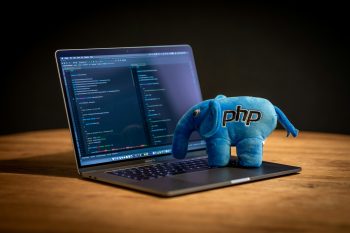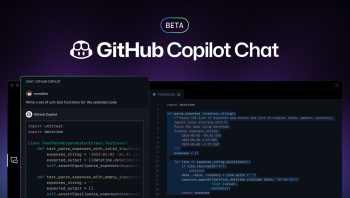PHP 8.0 reaches EOL leaving some websites vulnerable
PHP 8.0 reached its end of life (EOL) on 26 November 2023 and will no longer receive any updates or patches.
PHP 8.0 was released on 26 November 2020 and brought many new features and improvements such as named arguments, attributes, constructor property promotion, match expression, nullsafe operator, JIT, and more.
The EOL of PHP 8.0 means that any websites still using it will be exposed to potential security risks and compatibility issues if they do not upgrade to a...



















Recent Comments